Pinter Three appeals to opposite poles of the play-going spectrum. The birdbrains like me will enjoy the music-hall sketches while the goatee-strokers will have fun pretending that Pinter’s deadly earnest memory plays are worth seeing. Watching the first piece, Landscape, is like receiving a jigsaw puzzle in instalments. Two characters, Duff and Beth, speak to us without acknowledging each other. Maybe they’re married. Maybe they aren’t. Duff, played by Keith Allen, is a barking, aggressive know-all who works as a chauffeur. Tamsin Greig’s Beth is a prattling Irish scullery maid who witters on about ‘having a baby’ with a lover who may be Duff, or an unseen chap named Sykes, or someone else. Without that unsolved puzzle, the script is just a long sliver of garrulous reminiscence located in the days when a pint of beer cost two shillings and threepence (12¼p).
A Kind of Alaska places the same actors in another fatuous brainteaser. Allen plays Dr Hornby whose amnesiac patient Debbie (Greig) accuses him of sexual molestation. Doc Hornby responds to her allegations with a careless Jimmy Savile shrug. Debbie indulges in 15 minutes of fragmented jabber whereupon the nonchalant medic announces: ‘You’ve been asleep for 29 years.’ A pity he didn’t mention that earlier. Enter Debbie’s sister Pauline (Meera Syal), whom she hasn’t seen since childhood. Debbie is surprised by her sister’s breasts and she coyly asks if Pauline is their middle-aged aunt. This is funny, sort of, but Debbie’s roly-poly chitchat is maddening to sit through because she doesn’t know who she is. As always, Pinter lacks a strong finish.
The sketches are better. Girls is a crazed rant played at 100 mph by the amazing Tom Edden. He plays a hyperventilating academic who’s fixated by a female student whom he overheard mentioning that girls like to be spanked. His obsessive analysis of her casual remark conceals an obvious and rather touching sexual passion for her. It’s brilliant, simple and hilarious. Apart From That is a short dialogue written at a time when mobile phones were new. Two lovers exchange gossip while their connection keeps breaking up. Pinter’s gift for oblique off-kilter conversation is perfectly suited to this set-up and he invests the phrase ‘I lost you’ with a surprisingly ambiguous tenderness. But like most of his sketches, and many of his plays, the piece lacks a proper conclusion.
His best attempt comes in a 1959 skit about a factory strike. The boss is bemused by his workers’ refusal to manufacture machine tools. ‘What do they want to make instead?’ ‘Trouble,’ says the foreman. Not a great joke but Lee Evans delivers it with a comic force it doesn’t quite deserve. His acrobatic clowning is the best thing in Pinter Three. I can imagine Allen and Greig, both gifted comedians, watching Evans from the wings and wondering why they missed out on the fun and lumbered themselves with Pinter’s cryptic piffle.
Cervantes’s Don Quixote has an inexplicable charm and sincerity that doesn’t easily translate to the stage. The RSC’s version starring David Threlfall is handsomely designed but dramatically weightless. Threlfall, near-invisible behind an avalanche of snowy whiskers, blunders around Spain attacking windmills, butchering sheep by accident, settling village feuds, fighting low-energy jousts with undangerous opponents and propositioning a man disguised as a damsel. But who cares about any of it? The foolish knight has nothing to win or lose other than his daft conception of himself as a servant of justice. He’s like a medieval Andrew Adonis, a harmless and slightly snobbish busybody with a strong ascetic streak who likes to meddle in other people’s lives because it lends his existence an air of purpose. Sancho Panza (Rufus Hound) breaks the fourth wall and indulges in ‘now-then-boys-and-girls’ patter that belongs in a pantomime. When in character, he plods around after Don Quixote like an amused gap-year student hired to prevent an autistic pensioner from harming himself.
Director Angus Jackson seems to have twigged that this isn’t grown-up material and he distracts the audience with bun fights, squirtings of water and games of catch played between actors positioned around the auditorium. At press night, the crowd affected to be entertained by these circus antics. It might be better to market this as a family show for the under-tens.
All We Ever Wanted Was Everything is an investigation into millennials and it purports to take their side. Inadvertently, it highlights their worst characteristics. Cosseted by overindulgent parents, today’s twentysomethings expected adult life to be a paradise of fun jobs, rising incomes, cheap homes and social justice. They feel let down. But this pessimistic show compounds their problems by offering no vision or hope, just a fatalistic eye roll. It ends with a bizarre foul-mouthed challenge to the young. ‘Live ya lives I fuckin dare ya!’ All right, Mr Angry, they’re doing their best.
Got something to add? Join the discussion and comment below.
Get 10 issues for just $10
Subscribe to The Spectator Australia today for the next 10 magazine issues, plus full online access, for just $10.
You might disagree with half of it, but you’ll enjoy reading all of it. Try your first month for free, then just $2 a week for the remainder of your first year.

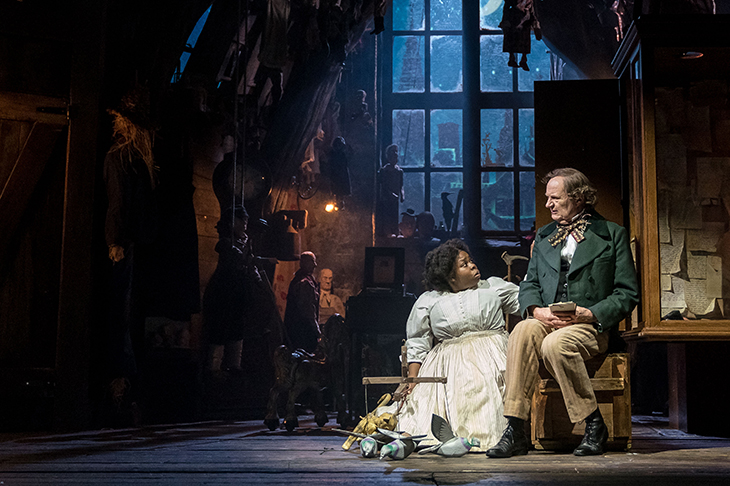
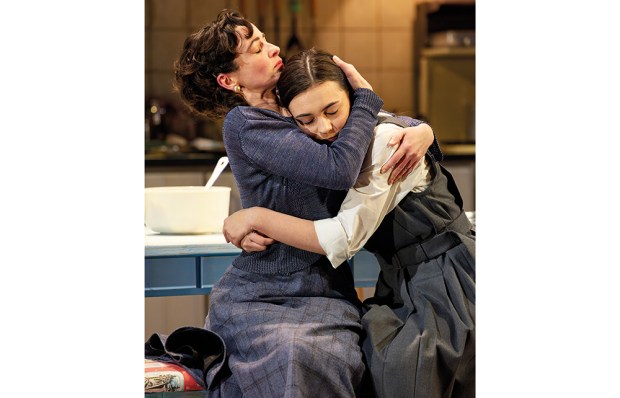

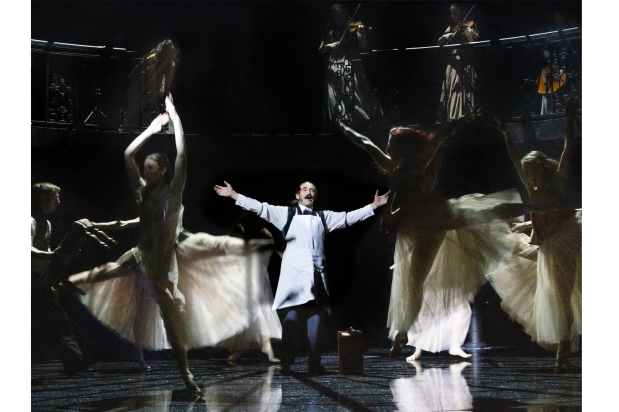
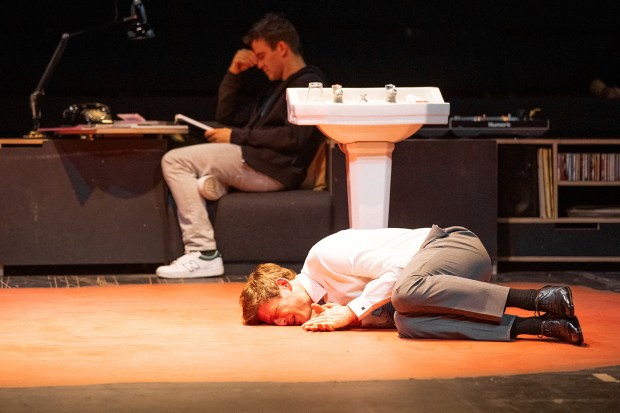
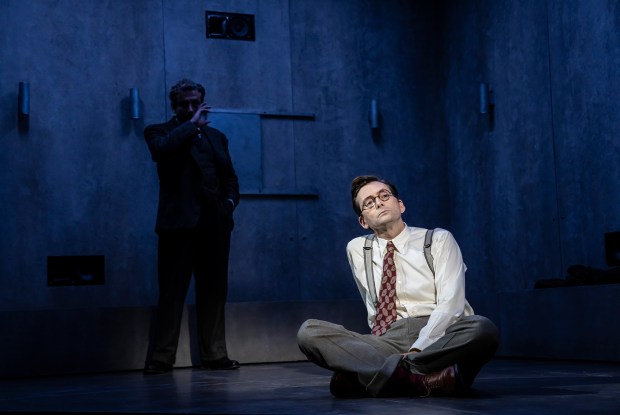







Comments
Don't miss out
Join the conversation with other Spectator Australia readers. Subscribe to leave a comment.
SUBSCRIBEAlready a subscriber? Log in